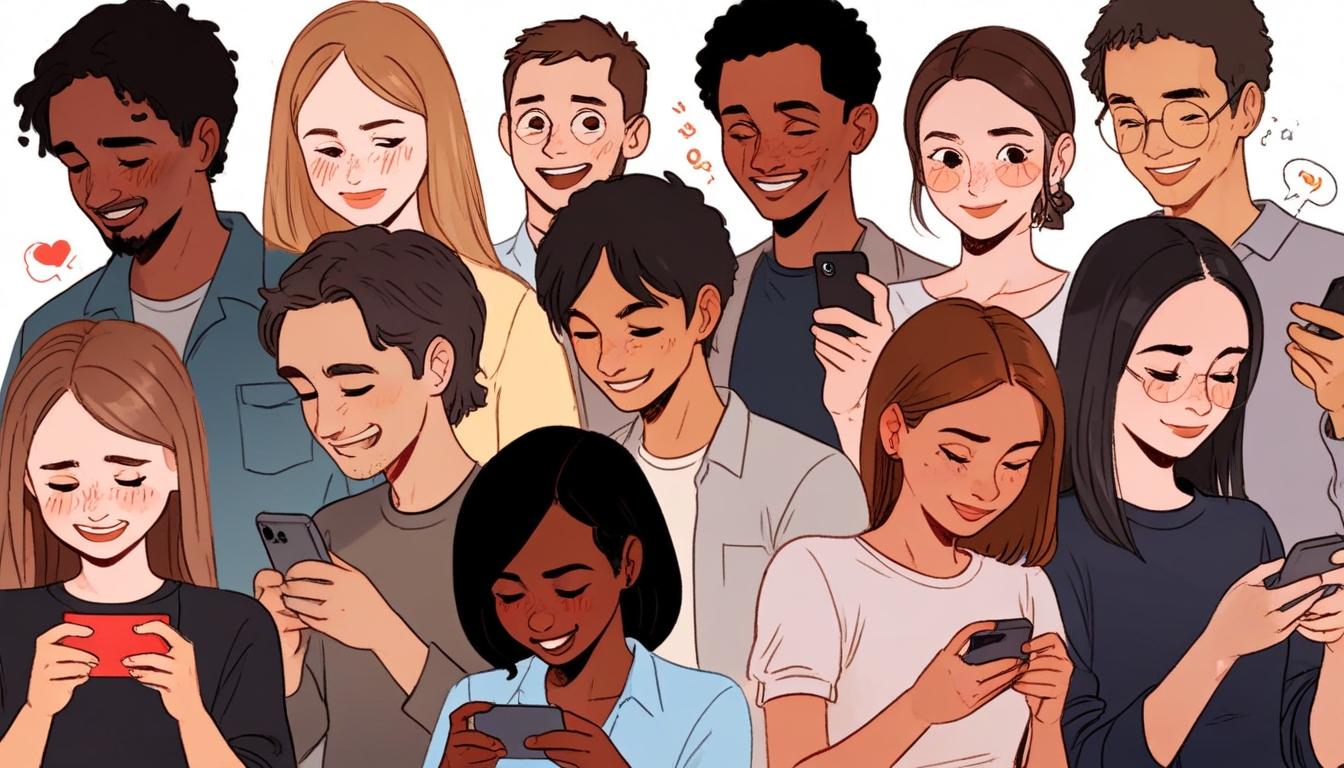A recent study conducted by scientists at Oklahoma State University has revealed intriguing links between frequent emoji use and certain dark personality traits, shedding light on the complex role emojis play in modern digital communication. The research explored how habitual use of these digital icons correlates with aspects of the so-called Dark Triad personality traits: psychopathy, narcissism, and Machiavellianism.
The study involved 285 undergraduate students with an average age of about 20, comprising 135 males, 145 females, and five individuals identifying as ‘other’. Participants assessed their frequency of using 40 commonly employed emojis, evenly split between those with positive connotations, such as hearts and smiling faces, and those conveying negativity, including sad or angry expressions. Emoji use was gauged not only in general texting but also in social media posts and replies. Personality traits were measured through established questionnaires.
Contrary to what might be expected, the findings indicated that both positive and negative emoji usage were linked to negative personality traits. Increased emoji use among males was associated with higher narcissism—a trait marked by excessive self-importance—as well as elevated Machiavellianism, which involves manipulation and self-interest. For males, this connection extended across positive emoji use, negative emoji use, and emoji use in social media interactions and texts.
In females, the study found that narcisisim correlated with more frequent use of all categories of emojis, including positive and negative emojis, as well as emojis used in new social media posts and in replies.
The research also connected emoji use with the Big Five personality traits, a psychological model abbreviated as OCEAN (Openness, Conscientiousness, Extraversion, Agreeableness, and Neuroticism). Notably, higher extraversion in both men and women corresponded with more frequent use of positive emojis, while men showed higher emoji use in text messages. Women with greater openness were more likely to use emojis across social media posts and replies, whereas men exhibiting neuroticism used more negative emojis, particularly in social media replies.
Women reported a higher frequency of emoji use than men across all measured categories—positive emojis, negative emojis, new posts, replies, and text messages. Overall, women’s heavy emoji use correlated more often with narcissism and psychopathy, a personality disorder marked by antisocial behaviour and a lack of empathy, while in men, it was more related to Machiavellianism and neuroticism.
This research contributes to growing awareness about the nuanced and sometimes hidden meanings of emojis in digital communication, as highlighted by the Netflix series 'Adolescence'. The series portrays the potential sinister use of emojis through its storyline involving a teenager arrested for the murder of a classmate following online emoji exchanges. Additionally, authorities in places like Surrey have recognised the role of emoji slang in illicit activities, such as drug trade, issuing guides to help parents understand these digital codes.
The study authors suggest that future research should focus on broader demographic groups beyond college students, examining how different generations and genders interpret and use emojis. Such research could deepen understanding of emojis’ meanings across diverse populations, providing clearer insight into their role in interpersonal communication.
The Daily Mail is reporting on these developments, highlighting the importance of decoding the social and psychological functions of emoji use in today’s digital age.
Source: Noah Wire Services
